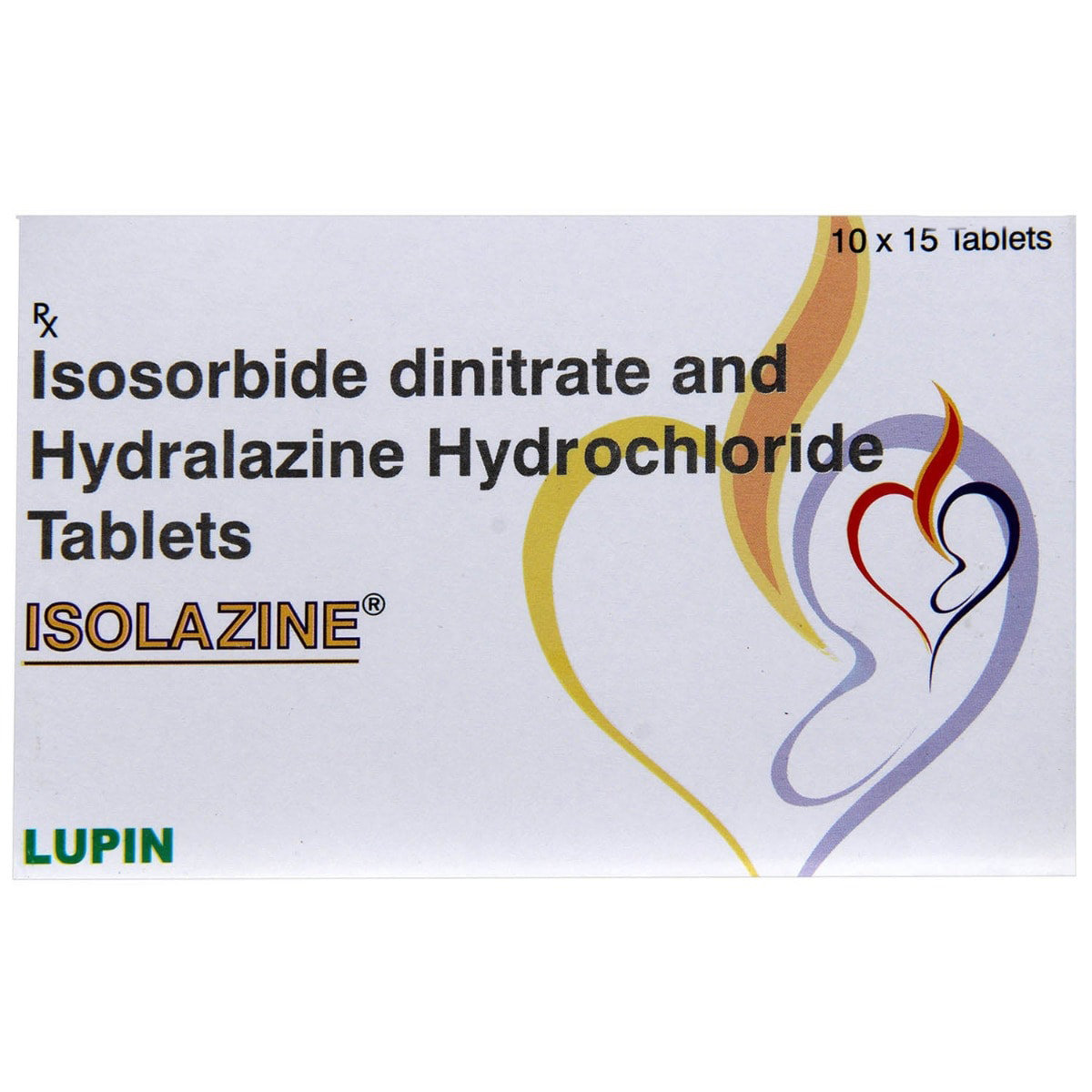Hydralazine
About Hydralazine
Hydralazine belongs to a class of medicines called anti-hypertensives used to treat very high blood pressure, particularly in pregnancy and in patients with kidney disease. Hypertension (high blood pressure) is a condition in which the force exerted by the blood against the artery walls becomes so high that it causes health problems, such as heart disease.
Hydralazine contains Hydralazine, a vasodilator that works by relaxing and widening the walls of blood vessels. Thus, it increases blood and oxygen supply to the heart and reduces blood pressure.
Hydralazine will be administered by a healthcare professional; do not self-administer. Sometimes, Hydralazine may cause common side effects such as headaches, abnormal heartbeat, nausea, diarrhoea, chest pain, and muscle or joint pain. Most of these side effects of Hydralazine do not require medical attention and gradually resolve over time. However, if the side effects persist, please consult your doctor.
If you are allergic to hydralazine, dihydralazine or any other medicines, please tell your doctor. Hydralazine is not recommended for children as safety and effectiveness were not established. If you are pregnant or a breastfeeding mother, please inform your doctor before receiving Hydralazine. Avoid alcohol consumption with Hydralazine as it may increase the risk of low blood pressure. If you are about to take a general anaesthetic, inform your doctor or dentist in charge that you are receiving Hydralazine.
Uses of Hydralazine
Medicinal Benefits
Hydralazine contains Hydralazine, an anti-hypertensive used to treat very high blood pressure, particularly in pregnancy and in patients with kidney disease. It relaxes and widens the walls of blood vessels. Thus, it increases blood and oxygen supply to the heart and reduces blood pressure.
Directions for Use
Storage
Side Effects of Hydralazine
- Headaches
- Abnormal heartbeat
- Nausea
- Diarrhoea
- Chest pain
- Muscle or joint pain
Drug Warnings
If you are allergic to hydralazine, dihydralazine or any other medicines, please tell your doctor. Hydralazine is not recommended for children as safety and effectiveness were not established. If you are pregnant or a breastfeeding mother, please inform your doctor before receiving Hydralazine. Avoid alcohol consumption with Hydralazine as it may increase the risk of low blood pressure. If you are about to take a general anaesthetic, inform your doctor or dentist in charge that you are receiving Hydralazine. If you have had a heart attack in the past three months, inform your doctor before receiving Hydralazine. If you notice symptoms such as yellowing of skin and whites of the eyes, stop receiving Hydralazine and contact your doctor immediately, as these may indicate liver problems.
Drug Interactions
Drug-Drug Interaction: Inform your doctor if you are taking antidepressants (clomipramine, amitriptyline), tranquilliser (diazepam), monoamine oxidase inhibitors (phenelzine, moclobemide, tranylcypromine, isocarboxazid), calcium antagonists (diltiazem, nifedipine), water tablets, nitrates, antipsychotics, female sex hormones used in contraception (oestrogens), non-steroidal anti-inflammatory drugs (NSAIDs), beta-blocker (propranolol), and medicines used to treat high blood pressure (diazoxide, minoxidil, lisinopril, captopril, enalapril).
Drug-Food Interaction: No interactions found.
Drug-Disease Interaction: Avoid receiving Hydralazine if you have or have ever had Systemic Lupus Erythematosus (SLE), an autoimmune condition which causes joint pain, skin rashes and fever, if you have severe tachycardia or right-sided heart failure due to increased pressure in the blood vessels of the lungs, have thyrotoxicosis (excess thyroid hormones in the blood that can cause a fast heartbeat, sweating, trembling, anxiety, increased appetite, loss of weight and intolerance of heat), myocardial insufficiency (impaired heart function) or porphyria (group of disorders due to over build-up of porphyrin in the body). If you have angina pectoris (chest pain), cerebrovascular disease (narrowing of the blood vessels in the brain), coronary artery disease, or serious liver or kidney problems, inform your doctor before receiving Hydralazine.
Drug-Drug Interactions Checker List:
Safety Advice

Alcohol
unsafeAvoid alcohol consumption with Hydralazine as it may increase the risk of low blood pressure and cause dizziness, or light-headedness.

Pregnancy
consult your doctorIf you are pregnant or planning pregnancy, inform your doctor before receiving Hydralazine. Your doctor may prescribe this medicine if the benefits outweigh the risks.

Breast Feeding
consult your doctorHydralazine may be excreted in breast milk. Hence, if you are a nursing mother, inform your doctor before receiving Hydralazine. Your doctor may prescribe this medicine if the benefits outweigh the risks.

Driving
cautionHydralazine may cause dizziness or light-headedness in some people. Therefore, avoid driving if you feel dizzy or light-headed after receiving Hydralazine.

Liver
consult your doctorIf you have a pre-existing history of liver disease, inform your doctor before receiving Hydralazine. Your doctor may adjust the dose of this medicine or prescribe a suitable alternative based on your condition.

Kidney
consult your doctorIf you have a pre-existing or a history of kidney diseases, inform your doctor before receiving Hydralazine. Your doctor may adjust the dose of this medicine based on your condition.

Children
unsafeHydralazine is not recommended for children as safety and effectiveness were not established.
Habit Forming
Diet & Lifestyle Advise
- Maintain a low-salt diet and minimize eating processed foods as they contain more sodium. Try to replace salt with spices or herbs to add flavour to the food.
- Do regular exercise such as cycling, walking, jogging, dancing, or swimming for a minimum of 30 minutes per day.
- Chronic stress may also cause high blood pressure. Therefore, avoid stress triggers and make time for yourself to relax and do activities that you enjoy.
- Maintain a diet that is rich in vegetables, fruits, whole grains, and low-fat dairy products.
- Try to include heart-healthy omega-3 fatty acid-containing foods in your daily diet. You can also use low-fat cooking oil like olive oil, soybean oil, canola oil, and coconut oil, which may help in lowering high blood pressure.
- Quit smoking and avoid the consumption of alcohol.
Special Advise
- If you notice symptoms such as joint pain, skin rash, fever, and change in blood count, stop receiving Hydralazine and contact your doctor immediately as these might be symptoms of Systemic lupus erythematosus (an autoimmune disease).
Patients Concern
Disease/Condition Glossary
Hypertension: Blood pressure is the measurement of the heart's force to pump blood to all parts of the body. Hypertension is a chronic condition in which blood pressure is too high. This condition can lead to hardened arteries (blood vessels), decreasing the blood and oxygen flow to the heart. Raised blood pressure can cause chest pain (angina) and heart attack (when the blood supply to the heart is blocked). Additionally, high blood pressure also causes brain damage (stroke) and kidney failure. Normal blood pressure lies between 90/60 mm of Hg and 120/80 mm of Hg. If the blood pressure is 140/90 mmHg or greater, it is considered high blood pressure.
FAQs
Hydralazine contains Hydralazine, a vasodilator that works by relaxing and widening the walls of blood vessels. Thus, it increases blood and oxygen supply to the heart and reduces blood pressure.
Hydralazine is usually used only briefly to quickly bring down very high blood pressure. After that, your doctor may recommend you take blood pressure tablets.
Hydralazine may cause diarrhoea as a common side effect. However, if the condition persists or worsens, please inform your doctor.







